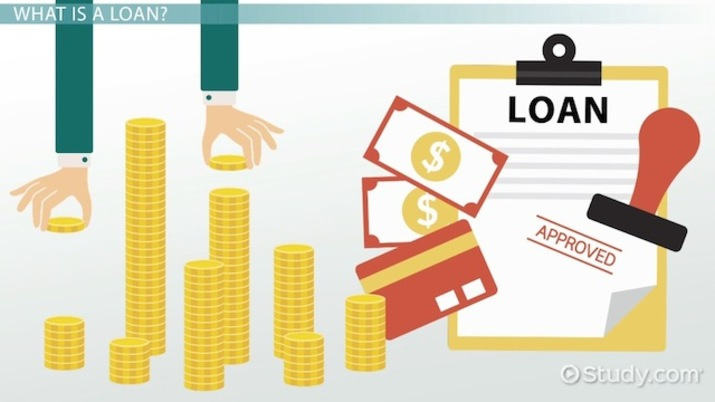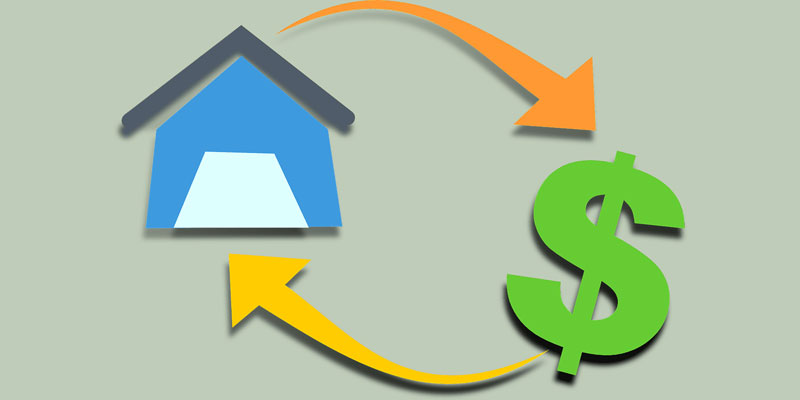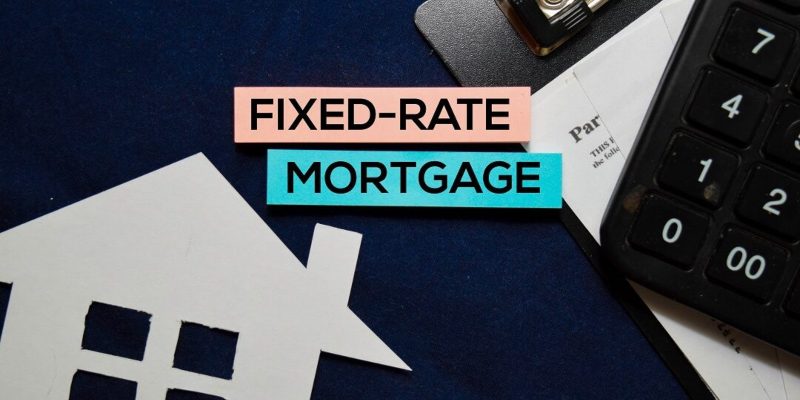Introduction
What is a loan term? The accountant has given them very helpful insight into the underlying issues hurting their loan. What they've learned from one another is inspiring and instructive. Instead of searching Google for "debt payment calculator," you may use this method instead. After some time, the partners are granted the loan they requested. They did so based on research on factors influencing their loan.
How Do Term Loans Work?
A term loan is one that you borrow from a financial institution such as a bank, credit union, or even an online lender. Most people find the best rates with banks and credit unions, but these institutions are more selective and have stricter eligibility restrictions. Although internet lenders may charge higher interest rates, they typically process applications quickly and provide the funds more quickly. Using a lending marketplace, you'll fill out an application once and get responses from several lenders.
After selecting a business lender and receiving loan approval, you must finalize the loan's interest rate and repayment conditions. Your credit history (both personal and business), cash flow, and length of business operation will all play a role in determining the rates you're offered. Small business loans often have durations ranging from three to ten years for paying them back. If you get a loan with a fixed interest rate, that rate won't change for the duration of the loan. Your rate will change over the life of a loan with variable interest.

Loan Terms Definition: Term Length
Borrowers make monthly payments to reduce their principal balance over time. You will have paid off your loan in full when you reach this point. "Loan term" refers to the total amount of time you have until you must begin making payments on your loan. Here are common loan term lengths:
- According to Experian, a car loan's typical length is six years. Most car loans can be obtained from two to eight years, with interest accrued every 12 months.
- Loans for individuals often have repayment periods between three and five years. It may not be easy to acquire a personal loan with terms as short as six months or as long as 12 years.
- A student loan typically lasts ten years, but in extreme instances (such as loan consolidation), this can extend to 30 years.
- Mortgages can be obtained for terms as short as 15 years, while the standard is 30 years.
The loan terms offered during your shopping process will be based on your creditworthiness and the lender's lending policies. It's tempting to make your loan's duration as long as possible because doing so reduces your monthly payment. However, if you're in a position to do so, selecting the shortest loan period is always preferable while maintaining manageable monthly payments. This is beneficial for two reasons: you'll have less debt, and your savings will become much larger. Although a longer loan term results in lower monthly payments, it might lead to higher total interest costs.
Pros
They can meet immediate financial requirements. You can use a term loan to finance the purchase of new assets and equipment for your company. Taking advantage of the opportunity to expand operations will increase your revenue, which will help you pay off the loan faster. Rates are typically lower there. Term loans typically come with reasonable interest rates and various repayment options. The loan can be repaid over as long of a period as you require without putting undue strain on your company's finances. They aid in establishing a solid credit history for one's enterprise. Making timely payments on a term loan might work wonders for your small company's credit score.
Cons
They have strict requirements and are not easy to get into. Term loans are typically more challenging to qualify for than other types because they offer more favorable rates and repayment lengths. The lending institution will expect you to have a stellar credit history and submit comprehensive financial documentation. Collateral may be necessary to secure a loan from some lenders. The collateral requirement is based on the lender's assessment of the financial risk posed by your firm. Your home, car, or other valuables could be taken away if you default on a secured loan.

Conclusion
Borrowers receive a predetermined sum of money in exchange for a set term on a term loan. Borrowers promise to pay back their loans at predetermined intervals with a fixed or floating interest rate. Smaller companies frequently utilize term loans to finance the acquisition of long-term assets like machinery and buildings. Term loans appeal more to debtors since they allow for greater financial maneuverability and typically have lower interest rates. Some short- and medium-term loans have balloon payments, while long-term facilities have fixed payments.







